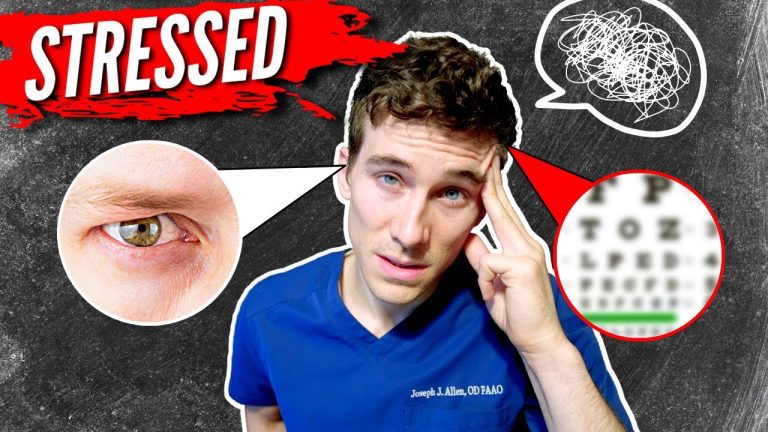Improve Your Visual Acuity with Optical and Vision Care Products
Visual acuity: A key factor for a good quality of life
Good vision is an essential tool for us to navigate through the world. It is fundamental for work, socializing, and leisure activities. Visual acuity is a measurement of how well we can identify and distinguish fine details within an image or object. This ability is crucial for reading, driving, including perceiving facial expressions and recognizing symbols. For this reason, it is essential that everyone ensures their visual acuity is optimal.
What is visual acuity?
In medical terms, visual acuity is the capacity to see fine detail. Specific distance determines it, normally measured at 20 feet. In the United States, standard clinic testing includes reading letters at a distance of 20 feet on a Snellen chart. The measurement of visual acuity refers to the facility with which an individual can see letters or numbers of different sizes at a specific distance. This number defines someone’s visual acuity; a vision of 20/20 means that an individual can see at 20 feet what they should see at 20 feet.
Factors Affecting Visual Acuity
Several factors can impact someone’s visual acuity, such as age, pre-existing medical conditions, and genetics. It is also important to note that a person’s uncorrected vision can affect their visual acuity. The following factors can cause a decline in visual acuity:
- Poor eye health
- Refractive errors such as astigmatism or nearsightedness
- Diabetic eye disease
- Macular degeneration
- Intracranial lesions
The Importance of Prevention and Treatment
Keeping our eyes healthy is essential for maintaining good visual acuity, and the prevention of eye-related diseases. Regular eye exams can detect possible issues before symptoms arise. It also helps to ensure your eyeglasses and/or contact lenses have an accurate prescription.
If visual acuity issues are discovered during an eye exam, our specialists recommend Vision care products such as corrective lenses and vision therapy to help improve visual acuity. Eye drops may also be recommended for other specific conditions to improve vision.
Conclusion
Visual acuity is critical for being able to navigate daily life confidently. Any noticeable changes in visual acuity should be immediately brought to the attention of your eye care provider. Taking care of your eyes through regular eye exams and using glasses and/or contact lenses with precise prescriptions is critical for maintaining good visual acuity throughout your life.
Contents
Most wanted in Hoya Vision:
Hoya Lens Engravings
What brand lenses does Costco use?
Which lens is better Alcon or Johnson and Johnson?
What’s the rarest eye color?
Legacy Eye Care Llc
What’s the difference between 1.5 and 1.6 lenses?
Hoya Sensity Vs Transitions Xtractive
Should eyeglasses cover eyebrows?
Wide Corridor Progressive Lenses
1.53 Trivex Impact Resistant
















